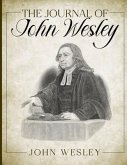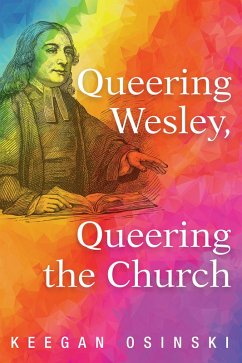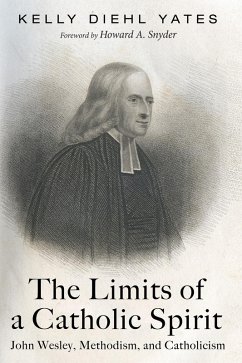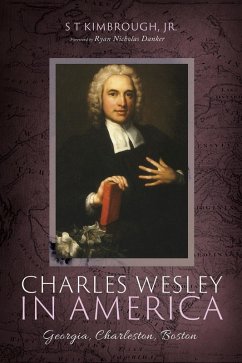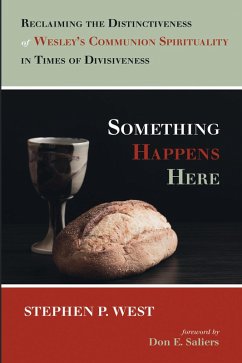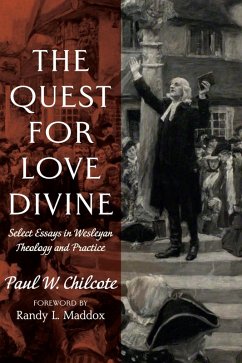Because Wesley was so in touch with the presence of God's grace and love in his life, he can offer us fresh, new ways for ministry in a postmodern society.
John Wesley was one of the best known figures of the 18th century. For 50 years he tirelessly rode the length of Britain preaching his message of 'plain truth for plain people.' He turned aside from a comfortable and well-provisioned life as a Fellow of Lincoln College, Oxford to live and work among the poor and needy.
Wesley wanted Methodists to be people with warm hearts, catholic spirits, a whole gospel and an open mind. He once observed, 'we may not know much in this life, but we can love much.' It was this emphasis on lovelove of God and love of others, love as the end purpose of life and love as the reason for life, love which was both universal and unconditionalthat made the message of Methodism sound like a new gospel to those oppressed and weighed down by the forces of privilege, class and power.
Drawing on the best of contemporary and historical scholarship, James Stuart traces the writers, theologians, people Wesley met and the key experiences that shaped Wesley's ideas.
Importantly, Stuart then revisits the enduring themes and other principles of Wesley and the early Methodists, to see how they might affect our practice, inspire our theology and renew our lives today.
This eBook edition includes an 11 session study guide to enable small groups to explore the book's messages in more depth.
About the Author
Dr James Stuart was born in New York City and received his BA in history from Franklin and Marshall College in Lancaster, Pennsylvania. He served as an officer in the US Navy before pursuing theological studies in the United States, England, Germany and Switzerland. He holds a doctorate in systematic theology and social ethics from the University of Zürich, Switzerland.
He has served churches in Pennsylvania, Kentucky, Illinois and New Zealand, was the John Wesley Lecturer in Systematic Theology at St John's Trinity Theological College in Auckland, and has taught at universities in Illinois and Oregon. While serving as chaplain at the University of Canterbury, he lectured in sociology and peace studies. He is the author of two other books, The Many Faces of Christ (1998) and Making Meaning, Finding Health (1999) and has written numerous articles on religion, theology and ethics.
Dieser Download kann aus rechtlichen Gründen nur mit Rechnungsadresse in A, B, CY, CZ, D, DK, EW, E, FIN, F, GR, H, IRL, I, LT, L, LR, M, NL, PL, P, R, S, SLO, SK ausgeliefert werden.



